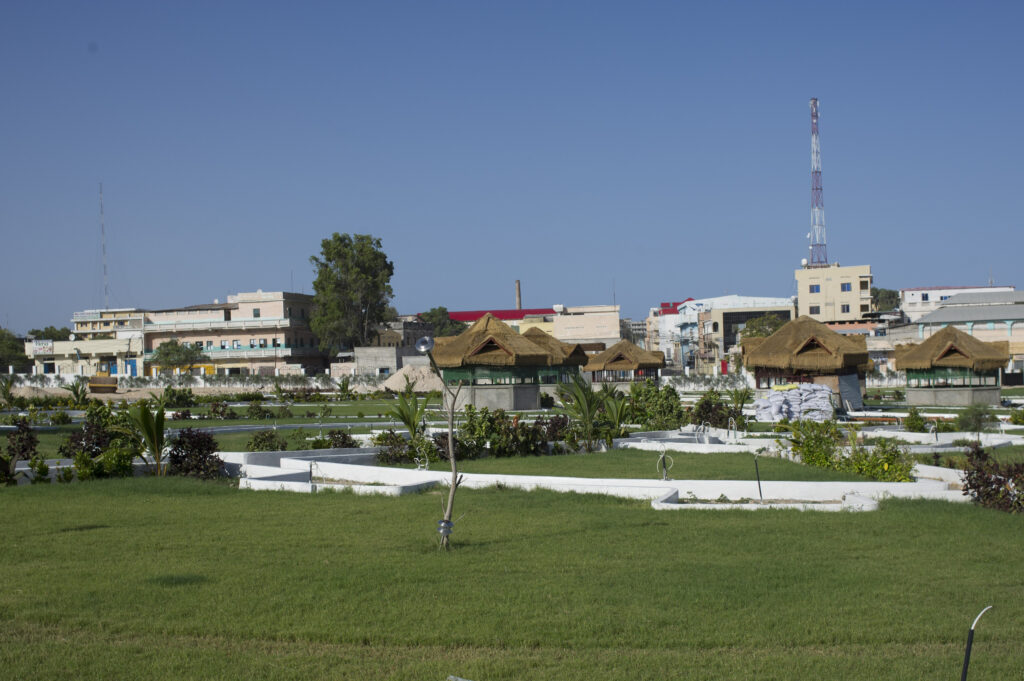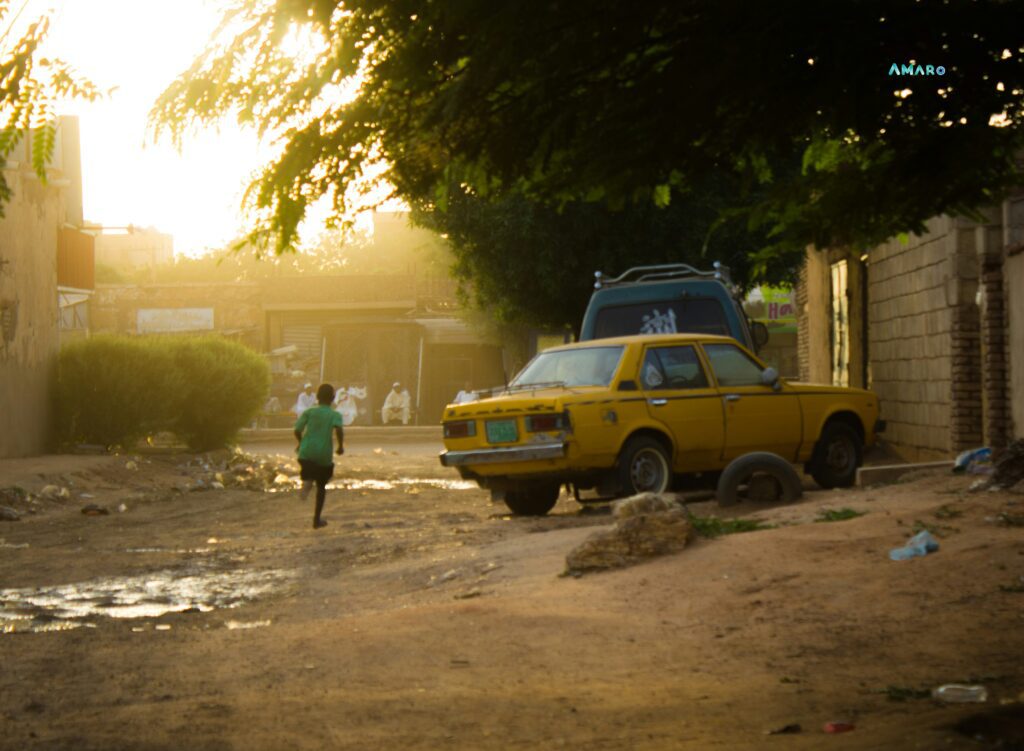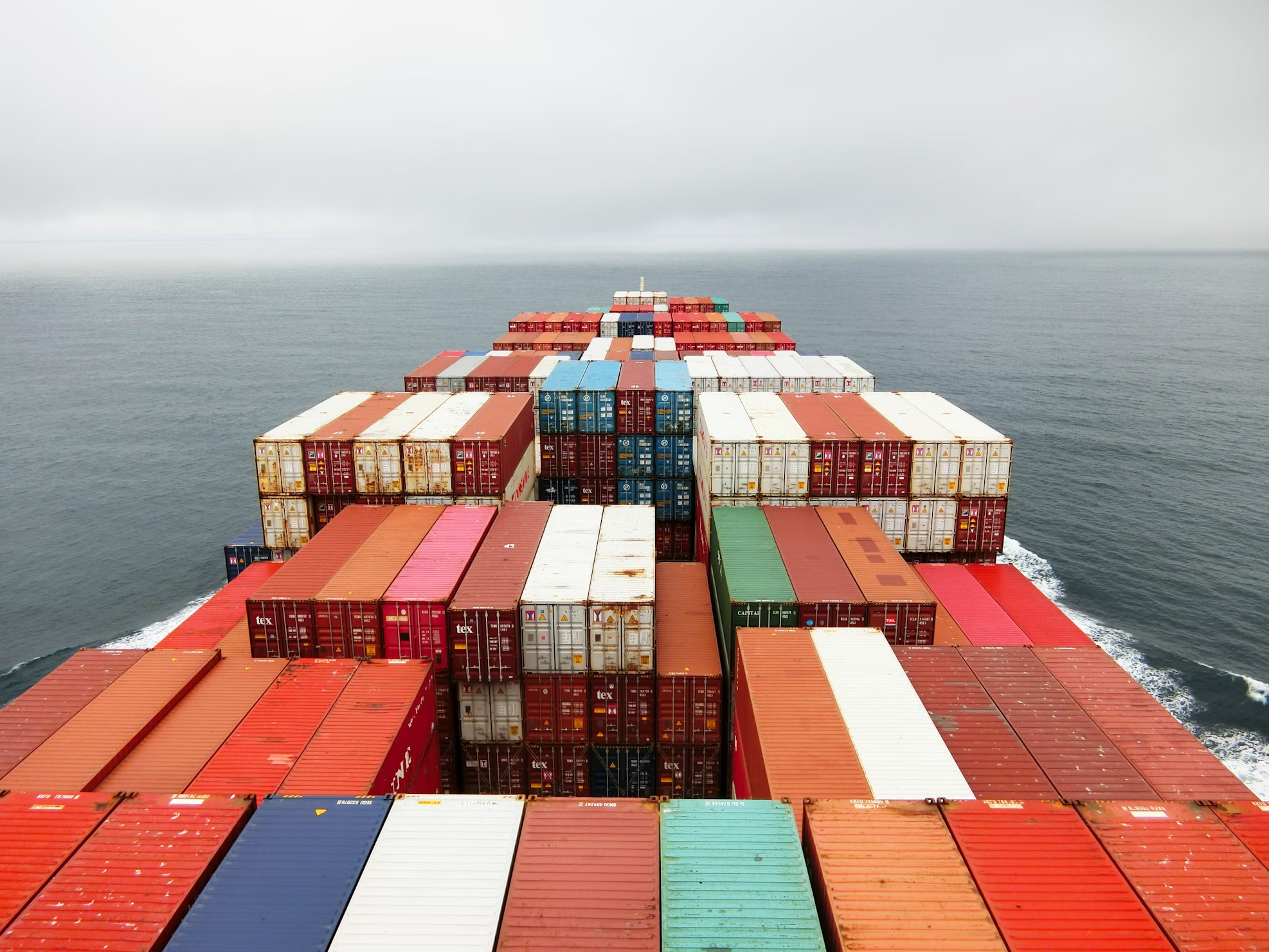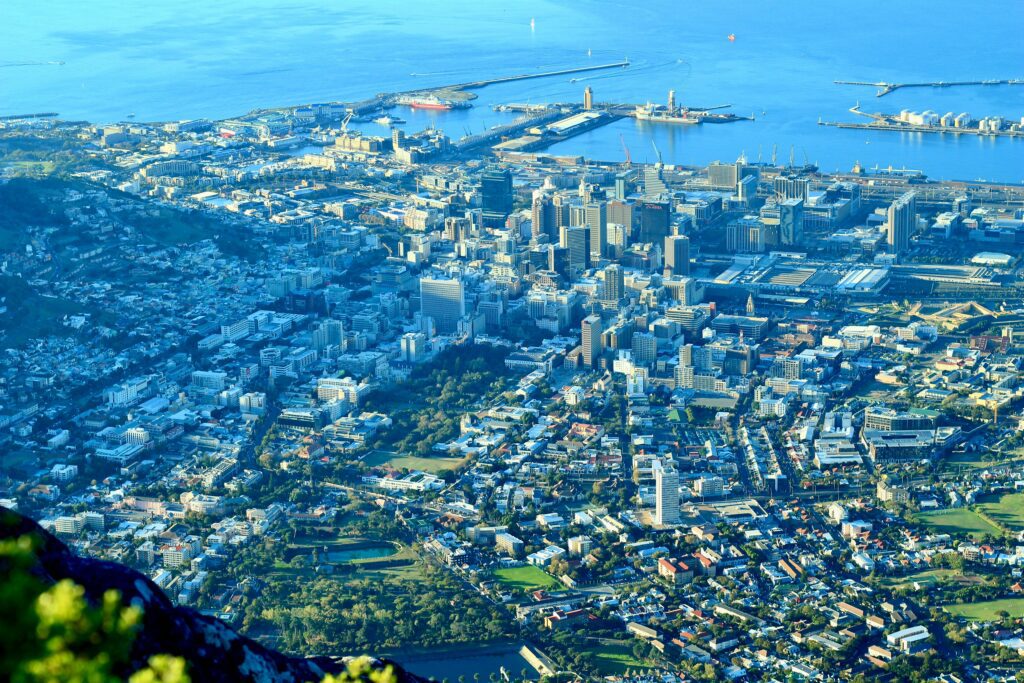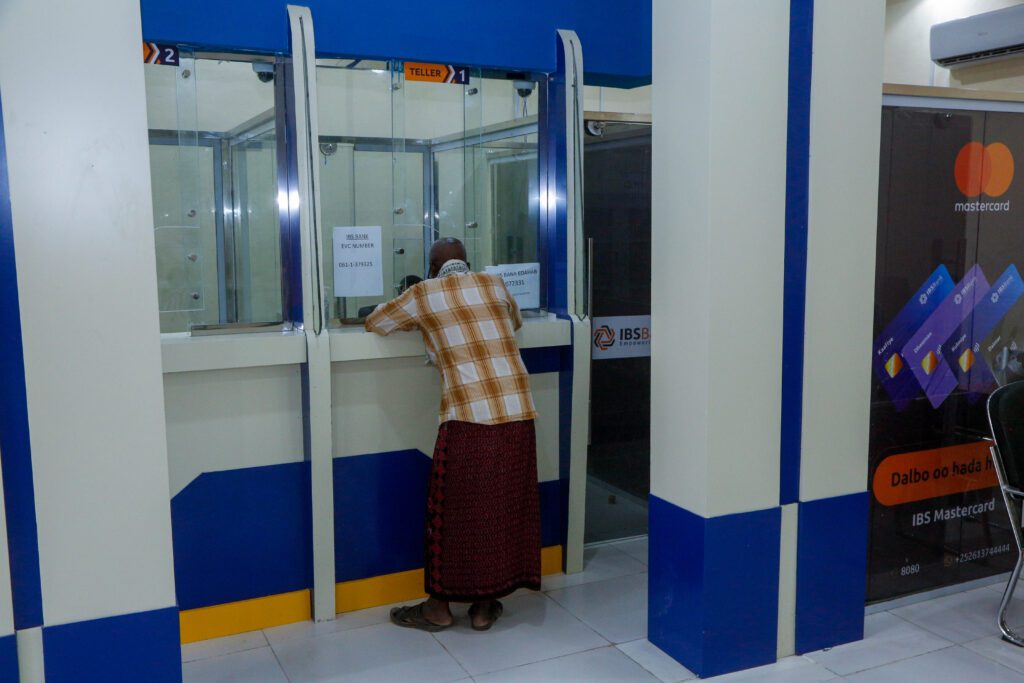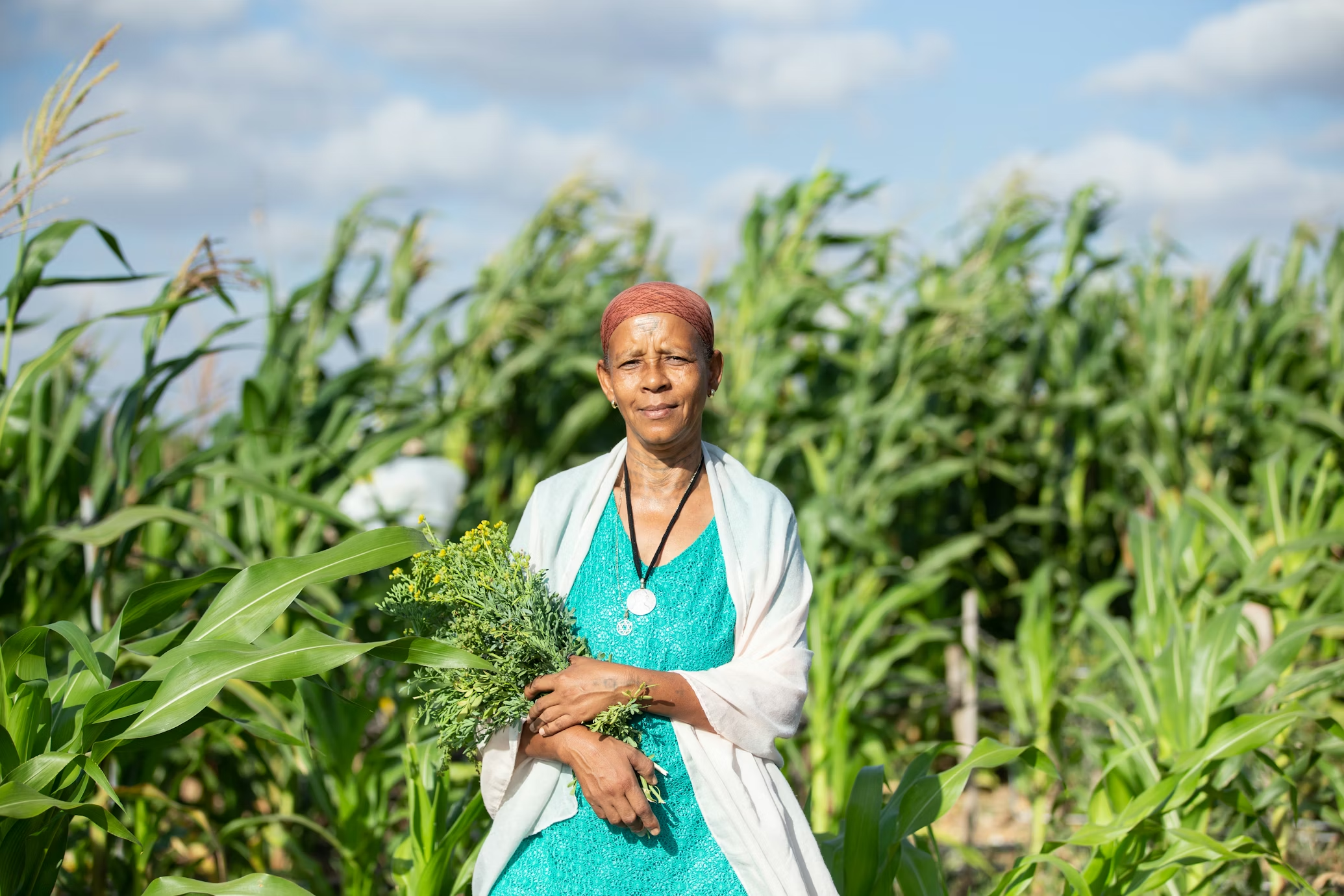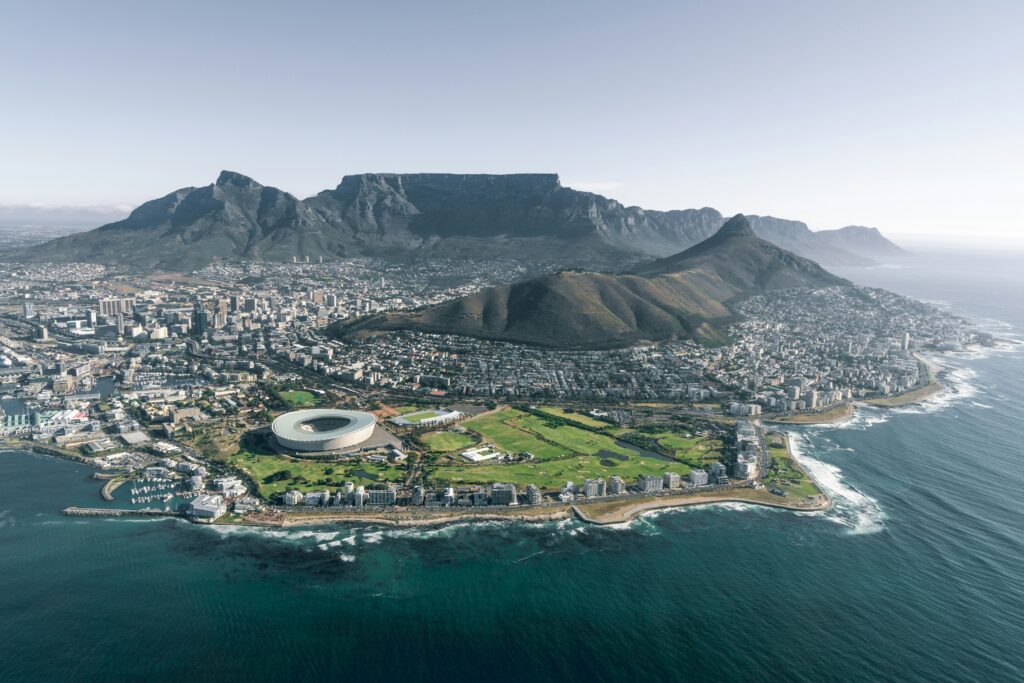Open defecation in Nigeria causes widespread disease and economic loss. Annually, Nigeria loses $3 billion to poor sanitation. This loss results in premature deaths, decreased productivity, higher medical costs, and wasted time. According to the World Bank, Nigerians lose work hours every day in search of a place to relieve themselves. This time lost accounts for approximately 30 percent of Nigeria’s gross domestic product (GDP) per capita. This economic loss highlights the need for urgent intervention. To achieve Open Defecation Free (ODF) status, there must be collaboration built on two main pillars. These pillars are increased investment and sustained support.
Increased Investment
Open defecation is the most expensive sanitation method in Nigeria. Each year, the country loses an estimated $2.5 billion due to premature deaths from diarrheal diseases. Ninety percent of these deaths are attributed to inadequate access to water, sanitation, and hygiene (WASH). Low-income earners bear more of the cost of open defecation and are more prone to its negative consequences. This economic burden necessitates targeted investment to reverse the trend.
The government and its partners should prioritize the rapid construction of strategically located, water-equipped toilet facilities. For instance, the Lagos State government is collaborating with WaterAid, whose mission is to improve WASH access, to build 350 public toilets across the state. The Nigerian Minister of Water Resources and Sanitation estimates that 12 million toilets are needed by 2030 to meet ODF targets. Private bodies can also handle post-construction maintenance. Privately contracted plumbers should conduct maintenance checks every six months for cracks and leaks in the bowl, tanks, connections, and flush mechanisms. Contracted companies should also inspect septic tanks every 1 to 3 years and pump them every 3 to 5 years to prevent overflowing of solid waste. Well-trained maintenance staff should support these activities and provide services efficiently without soliciting tips from users.
Investing in open defecation eradication provides an opportunity for families to reduce their spending on healthcare related to diseases like diarrhea. Proper investment in WASH access will reduce the percentage of the population that is unable to work due to diarrheal-related illnesses. This investment also helps families boost their income by freeing time that would otherwise be wasted. A healthier population and saved time will result in greater productivity and a higher GDP.
India has gained significant benefits from this approach, notably through the Clean India Mission, which built millions of toilets across the country. This initiative also saved households up to $780 annually.
Sustained Support
In addition to infrastructure investment, sustained support is crucial to achieving Nigeria’s goal of becoming ODF by 2030. The result of a lack of sustained effort is regression. Jigawa State attained ODF status in 2022, but reports indicate that open defecation was being practiced in 2024.
Sustained support must also extend beyond maintaining local toilet structures or sustaining structured programs. NGOs can utilize their networks in schools and communities to educate on best sanitation practices across age groups. Teachers, religious leaders, and community leaders should incorporate cleanliness into their lessons and talks.
Community members can also create, distribute, or put up pamphlets and banners in their local languages. NGOs and CSOs must also connect this support to established social groups, such as transportation and artisanal associations, as well as youth groups. These networks help to identify leaders who can effectively mobilize and sustain sanitation efforts. These individuals live within the communities, share a common identity with their neighbors, and demonstrate a commitment to collective well-being. A leader is a persistent volunteer in sanitation efforts who can communicate hygiene practices and influence action.
Placing the community at the helm of sanitation support will increase ownership of sanitation solutions and foster healthier communities. Ghana significantly reduced open defecation by training local leaders. Burkina Faso has also seen great promise with a community-based approach, where education-driven, school-based interventions enhanced community health. This support must also continue irrespective of progress towards ODF status, to ensure public health preservation.
The cost of open defecation is staggering. Investment in WASH promises up to $45 billion in returns for Nigeria annually. The construction and maintenance of toilets alongside supporting communities can eliminate open defecation in Nigeria. Nigeria must invest in WASH for economic development.
Glorious Olajire is a writing fellow at African Liberty. She tweets @OlaKorious.
Article first appeared in Business Day.
Photo by AMISOM via Iwaria.

